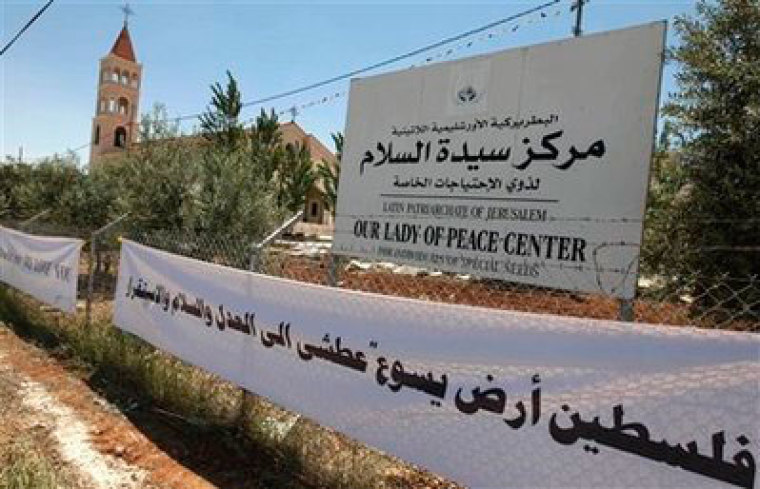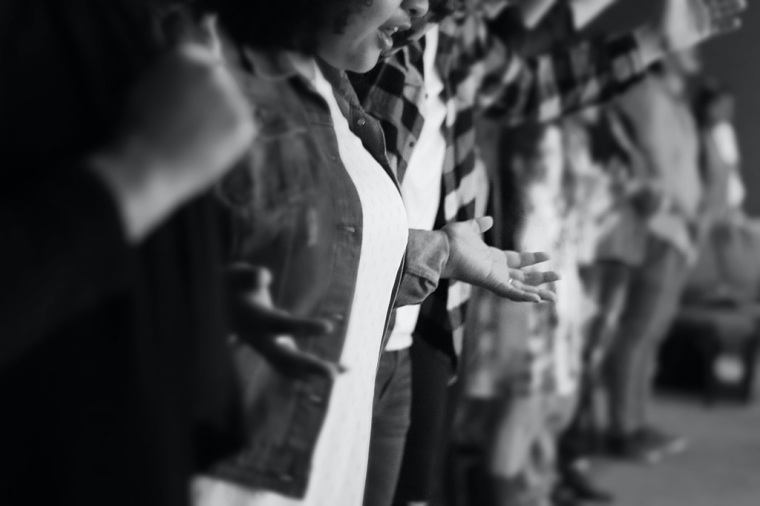The year of COVID-19 – as 2020 is sure to be known – is a year most people will be glad to forget. But God turned it into one of His most incredible years ever!
Nations locked down and closed their borders – but God opened the floodgates for the Gospel in the most inaccessible and hostile places on earth.
The pandemic shuttered churches and forced people into isolation, but God simply made Himself at home – sending the message of His love into living rooms, even in unexpected places like the Middle East and North Africa.
The Gospel of John records that the resurrected Jesus entered the Upper Room through locked doors and reassured the disciples, saying: “Peace be with you.” Likewise in 2020, the doors were shut, but God used other channels of entry – satellite television, online video streaming and social media platforms – to spread His peace and love as a viral antidote to despair and fear.
Yes, oppressive governments, dark spiritual forces and a global pandemic were unleashed to thwart the love of Christ – but God turbo-charged the advance of the unstoppable Gospel via smartphones, tablets, computers and smart TVs.
At SAT-7 (www.sat7usa.org), 2020 brought a huge surge in social media engagement, video downloads and program viewership – including 160 million views on YouTube, as people across the Middle East and North Africa hungered to see real hope.
Pandemic, war, disaster, financial ruin and chaos hammered this ancient region. But God sent His love in boundless waves amid the trauma and turmoil, using visual technology as a channel to heal broken hearts and transform lives.
In Iran, Christ-followers met secretly in homes behind closed doors, facing imprisonment, beatings and even death if discovered. But God moved beyond borders and into Iran – speaking directly to people’s hearts through satellite broadcasts and social media interactions in Farsi, the local language – to propel the fastest-growing church in the world. “Closed countries” are not closed to the Sovereign Lord.
“I don’t go outside often, yet on the rare occasions when I do, I hear: ‘My daughter has become a Christian,’ and another says, ‘I know some person who has become a believer’,” said Mona, a viewer in Iran. “So I see a day coming when Iran will be free, and all the believers will come out and worship the Lord together.”
Making God’s Love Visible
In August, Lebanon suffered a catastrophe which some called “Beirut’s 9/11.” A massive explosion in the capital city killed more than 200 and injured 6,000. Several hundred thousand became homeless, adding to the country’s already serious humanitarian challenges among two million refugees. Some believed it was God’s judgment on the nation. But God turned national grief into an opportunity for His love to become visible to everyone.
“Thousands are turning to our channel for reassurance and hope,” said SAT-7’s Lebanon director Maroun Bou Rached in the days after the explosion. “With the grieving, we weep; with those on the edge of suicide, we pray and share the hope of the world – Jesus.”
In Algeria, all churches were forced to close in 2020, fueling fears they may never be allowed to re-open. But God used broadcasts, featuring local Arabic-speaking presenters, to encourage believers and non-believers alike.
“I’m fascinated by your integrity as Christians, your faithfulness to your God, and also your sincerity to your traditions,” Rany, a viewer in Algeria told SAT-7’s Arabic channel. “You’re going to make a difference. Go ahead, Christians, you’re an example.”
In Syria, war left tens of thousands utterly desperate. But God was on the move in people’s hearts. “Jesus turned my life upside down,” said Soha, a viewer in Syria. “When I saw the love and forgiveness in the Christian community, how you love each other, pray for each other… this was a door of light to me.”
During 2020, governments wary of Christianity tried to censor our broadcasts and online outreach, including one-on-one social media conversations with seekers like Soha. But God has frustrated their efforts. Smartphone users in countries like Syria, Turkey and Iran have installed apps that bypass firewalls and protect their identity – giving them freedom to watch Gospel broadcasts, stream Christian videos and talk online with our counselors.
For many in America, 2020 is a year that can’t end soon enough, a year we’re eager to put behind us. But God has made 2020 an unforgettable year for many in the region of the world known as “the cradle of Christianity.” With “2020 vision,” millions have seen the love of God in Christ Jesus through visual technology – many of them for the first time.
“In June one of my sisters came to faith, then in July my daughter, and now my second sister,” shared SAT-7 viewer Sarah. “I’m sure my other sister will come to faith and my mother will follow. I’m sure of it!”
The year is almost over. But God – the Instigator of the incredible – has amazing things planned in 2021.
I’m sure of it!







